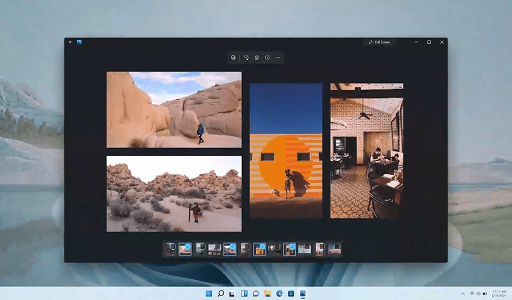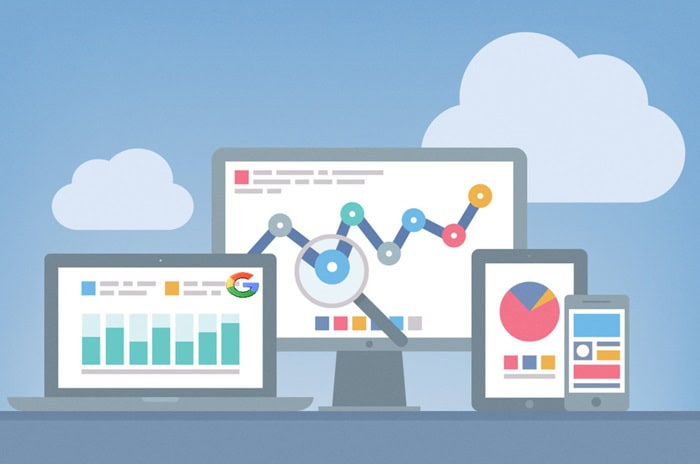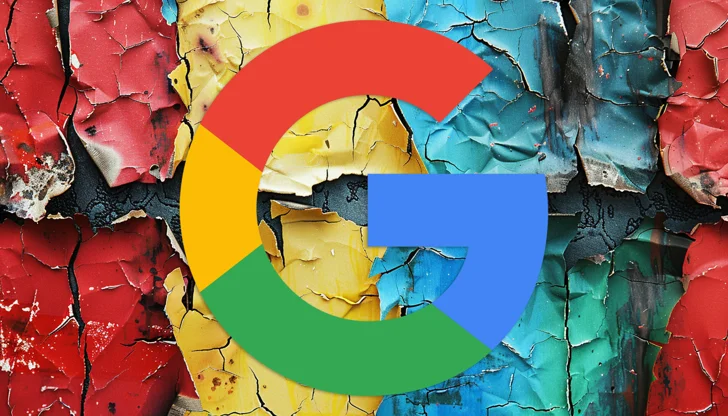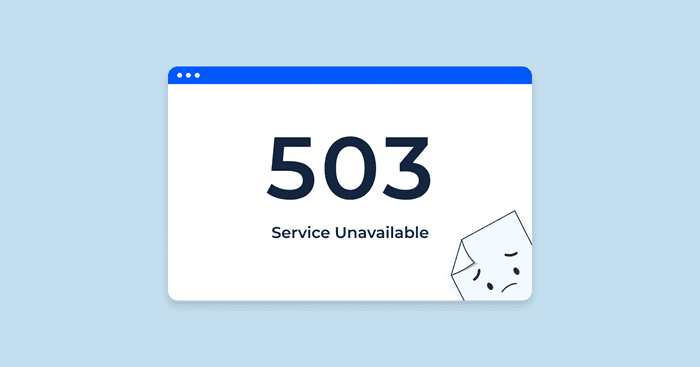Recently, Google Search Advocate John Mueller spoke to the SEO community regarding the recovery of a site which has been impacted by algorithm updates. This conversation came up after some individuals asked whether the websites impacted by the helpful content update in September could recover lost traffic and rankings following subsequent core updates.
The discussion started off on X, when SEO consultant Thomas Jepsen asked Mueller if that was still the case – pointing out that the search engine doesn’t “hold grudges” and sites can recover once the problems have been resolved.
Mueller confirmed, “That’s still the case,” but cautioned that “some things take much longer to be reassessed (sometimes months, at the moment), and some bigger effects require another update cycle.”

After Mueller’s remarks, uncertainty lingered regarding whether websites impacted by the helpful content update needed a fresh core update to regain lost rankings.
Mueller provided clarification:
“… not all changes require another update cycle. In practice, I’d assume that stronger effects will require another update. Core updates can include many things.”
He drew a comparison between core updates and alterations in ranking formulas and thresholds, noting that the latter frequently require another update cycle.

Fears were that sites hit by the September helpful content update could be stuck in permanent classification, blocking the opportunity to improve further. Mueller dispelled these fears and gave hope to the affected sites that indeed they could regain their traffic once their quality had improved.
You may also like: Google on When to Fix Websites Affected by the March 2024 Core Update
However, Mueller cautioned that achieving full restoration to pre-update levels is impractical.
He remarked:
“Permanent changes are not very useful in a dynamic world… However, ‘recover’ implies going back to just-as-before, and IMO that is always unrealistic, since the world, user-expectations, and the rest of the web continues to change. It’s never ‘just-as-before’.”

When directly questioned whether a site affected by the helpful content update can experience traffic growth by enhancing its quality, Mueller responded:
“Yes, sites can grow again after being affected by the ‘HCU’ (well, core update now). This isn’t permanent. It can take a lot of work, time, and perhaps update cycles, and/but a different – updated – site will be different in search too.”

Continuing the discussion on LinkedIn, Mueller emphasized that the recovery process isn’t exclusive to helpful content updates or core updates but extends to all types of systems and updates within Google.
You may also like: Google March 2024 Update On Manual Actions
Mueller stated:
“… to be clear, it’s not that “helpful content update” “recoveries” take longer than other updates. It’s just that some kinds of changes take a long time to build up, and that applies to all kinds of systems & updates in Google & in any other larger computer system. Saying that this is specific to the helpful content system, or to core updates would be wrong & misleading.”
Mueller acknowledged that the recovery process lacks a single, simple solution and might demand thorough analysis and substantial effort to comprehend how to restore a website’s relevance.
“There is, however, the additional aspect of the “core update” being about how our systems assess content overall, how we consider it to be helpful, reliable, relevant to users’ queries. This does not map back to a single change that you can make on a website, so – in my experience – it’s not something that a website can just tweak overnight and be done with it. It can require deep analysis to understand how to make a website relevant in a modern world, and significant work to implement those changes — assuming that it’s something that aligns with what the website even wants.”
Finally, he emphasizes that recovery will need more than just resolving technical issues; it may entail a reevaluation of business priorities.
“These are not “recoveries” in the sense that someone fixes a technical issue and they’re back on track – they are essentially changes in a business’s priorities (and, a business might choose not to do that).”
Would you like to read more about “Recovery Path For Sites Hit By Core Update” related articles? If so, we invite you to take a look at our other tech topics before you leave!
Use our Internet marketing service to help you rank on the first page of SERP.
![]()













